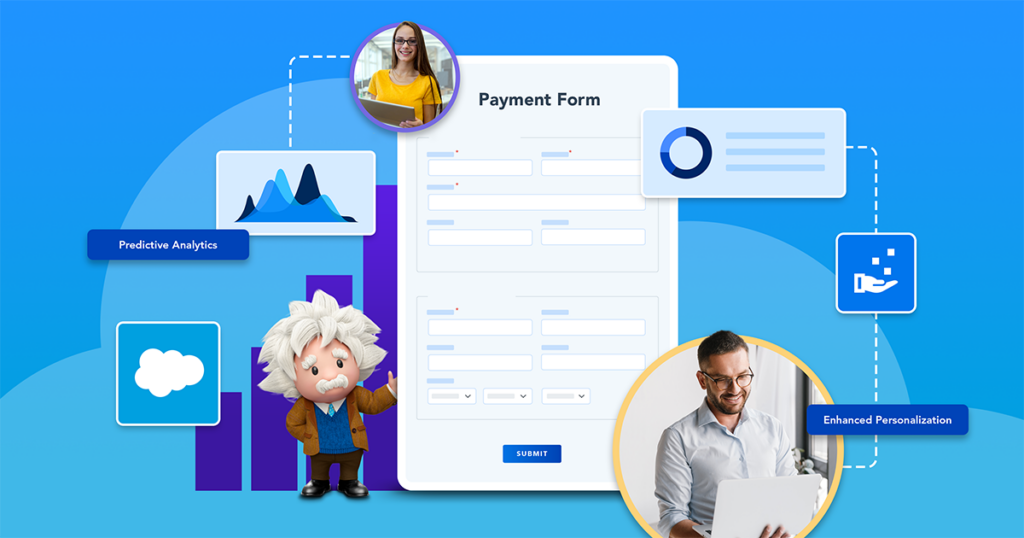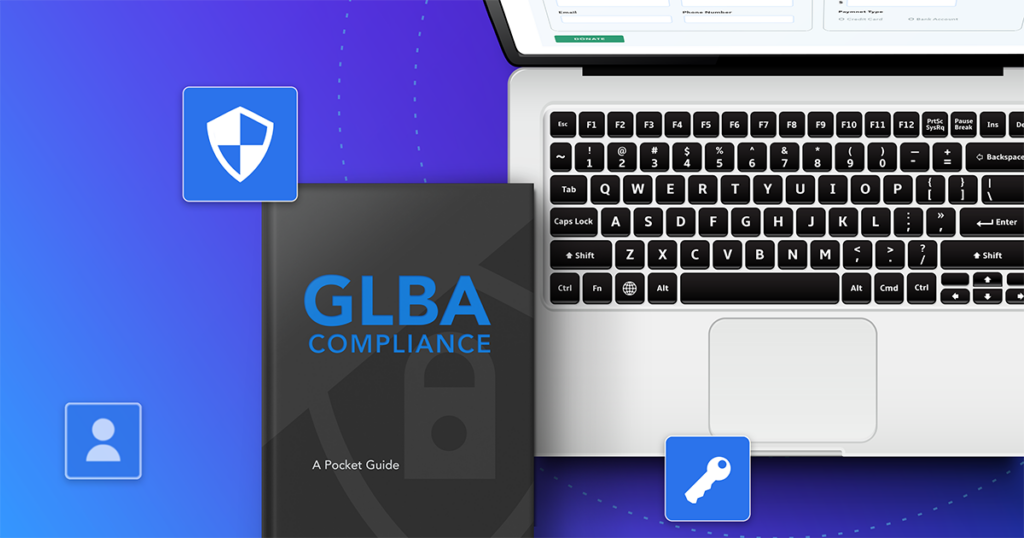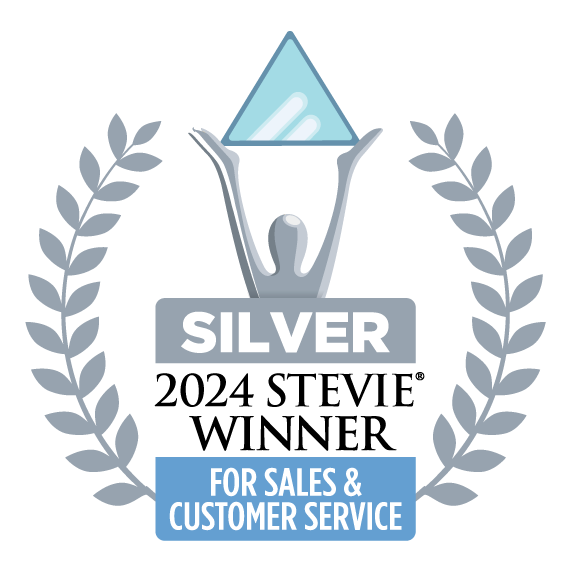Data is one of the most valuable assets of any organization. It has the power to transform strategies, day-to-day operations, and long-term business success. However, as the variety and volume of data increases, so does the urgency for organizations to practice good data stewardship.
What is data Stewardship?
So, what is data stewardship exactly? Data stewardship refers to the management and oversight of an organization’s data assets to ensure their quality, security, and compliance with relevant regulations and policies.In this blog post as part of our Back to Basics blog series, we define data stewardship, explain why it’s necessary for your organization, and present best practices you can start implementing today.
How to become a data steward
Becoming a data steward starts with the commitment to collecting and managing data in an ethical, compliant, and secure manner that ensures all individuals involved are protected. An organization that practices good data stewardship is more likely to maintain compliance, data quality, and trust with customers.
Data stewards act as guardians of data. Stewardship can be applied to all phases of the data lifecycle, including how data is collected, modified, utilized, stored, archived, and purged. The goal is to ensure that the appropriate people can properly access and use the data.
When organizations prioritize data stewardship, teams feel confident in their analysis and decision-making to propel their business forward. Whether your organization appoints a data steward or relies on employees, prioritizing these practices can have numerous benefits.
Data governance vs. data stewardship
Data governance and data stewardship are often used interchangeably. While they are closely related, they do have several key differences that are important to understand. Data stewardship happens under the data governance umbrella.
Data governance
Data governance establishes high-level policies, processes, and standards for making decisions about data. A data governance strategy sets standards for data quality and security. It also ensures effective, efficient use of data to accomplish an organization’s goals.
Governance is often established at the leadership level, so it is important that organizational leadership or an appointed data steward understands the significance of these policies and enforces them.
Data stewardship
Data stewardship is a critical part of an organization’s data governance strategy. It follows these policies and processes to manage and hold an organization accountable throughout the data lifecycle, from collection to deletion. This may include activities like data cleaning, data strategy, or improving data-driven decision-making. Stewardship practices are generally carried out at the operations level.
Why are data stewards important?
How well an organization stewards their data directly impacts the quality and integrity of the data. Inaccurate, duplicate, or incomplete data will begin to negatively affect all processes and decisions. Eventually, your organization won’t be able to rely on this data at all. Even worse, without good stewardship practices, data can become corrupted or fall into the wrong hands.
Data stewardship practices help minimize the amount of bad data used by an organization. Additionally, they help organizations become truly data-driven with high-quality, secure information.
Quality data enables organizations to make informed decisions instead of relying on guesswork. Data stewardship practices also help to catch data errors early, keep track of revenue benchmarks, maintain goals, and much more.
Instead of wasting time trying to parse through inaccurate, corrupted, or duplicate data, organizations can work toward more consistent and accurate information. The better the data quality, the easier it will be for organizations to drive business decisions.
The impact of poor data stewardship
Poor data stewardship practices lead to bad data quality, which can have major consequences for organizations. The most common data quality issues arising from poor data stewardship include:
- Missed opportunities: Marketing and sales teams may fail to capture prospects and customers without the right data.
- Lack of efficiency: Manual data management processes can be error-prone and costly.
- Misanalysis: Poor data quality makes it difficult to properly analyze information and trends that decisions are based on.
- Loss of compliance: Inaccurate or out-of-date data can lead to non-compliance with data privacy regulations like GDPR.
- Lost revenue: Bad data resulting in poor decision-making or loss of consumer trust can cost organizations significant revenue while increasing costs.
- Diminished reputation: A lack of data quality can harm marketing campaigns, sales efforts, and can negatively impact consumer buying decisions.
Who is in charge of a stewardship program?
Organizations often appoint a data steward to be responsible for interpreting policies and implementing them day-to-day. Data stewards can help with organizing databases and establishing processes. At companies with mature governance strategies, data stewards may manage high-level tasks that help maintain data compliance and quality. They may also be responsible for keeping audit trails.
Data stewards are sometimes considered the liaison between the business side of an organization and its IT team. A data steward may also be responsible for ensuring that all employees of an organization understand the data stewardship program. This includes educating employees about where data is stored, how it is used, and who has access to what information.
Five tenets of data stewardship
Data stewards and entire organizations have a significant responsibility to become better stewards of the data they collect. Good stewardship practices ultimately mean an organization can effectively reach business goals by leveraging quality data and keeping it safe. Below, we’ve outlined the five tenets of data stewardship.
Tenet #1: Fairness
Consumers are now more concerned than ever about how companies collect and use their data. Regulations such as GDPR and CCPA are designed to keep organizations from using consumer data without the individual’s consent. Good stewardship practices ensure that an organization does not use coercion or deception to gain consumer data. Instead, they should allow consumers to provide an affirmative action (such as checking a box) to show consent before a company can use this data.
Tenet #2: Transparency
How does your organization uses, share, or sell data? This information should be available in all privacy policies. A good practice is to inform users of their rights at the point of data collection (such as an online form). Consumers have the rights to opt out, take back consent, delete data, or export data. This means that organizations must also have processes in place to meet each of these requests.
Tenet #3: Relevancy
Good data stewards only collect the data specifically noted in the disclosure to consumers. Additionally, they maintain data minimization practices whenever possible. This not only helps to improve consumer trust, but it also improves the user experience.
Tenet #4: Lawfulness
Organizations must work to remain in compliance with data privacy laws and regulations. Most organizations need to adhere to regulations such as GDPR, CCPA/CCPR, GLBA, HIPAA, and more. Not only is this a good business practice, but breaches of these laws can result in enormous fines.
Tenet #5: Security
Finally, the fifth tenet of data stewardship is security. Organizations must establish strict data security and processing policies to avoid threats to sensitive data. Good practices include training employees on data security practices and only integrating third-party tools with proper levels of security and compliance.
The benefits of data stewardship
A good data stewardship program has several benefits for organizations, including:
- Improved and maintained data integrity and quality
- Clear data management policies and processes
- Improved data analysis and decision-making
- Better compliance with data laws and regulations
- Minimized data collection and processing errors
- Reduced data security and privacy risks
Take a step toward becoming a data steward
Data stewards proactively address data integrity issues, and take responsibility for inefficient processes. If your organization is challenged by low-quality and error-prone data, it’s time to evaluate your stewardship program. Check out our data stewardship whitepaper—written by Cedric Savarese, FormAssembly CEO and Founder—at the link below to learn more.



